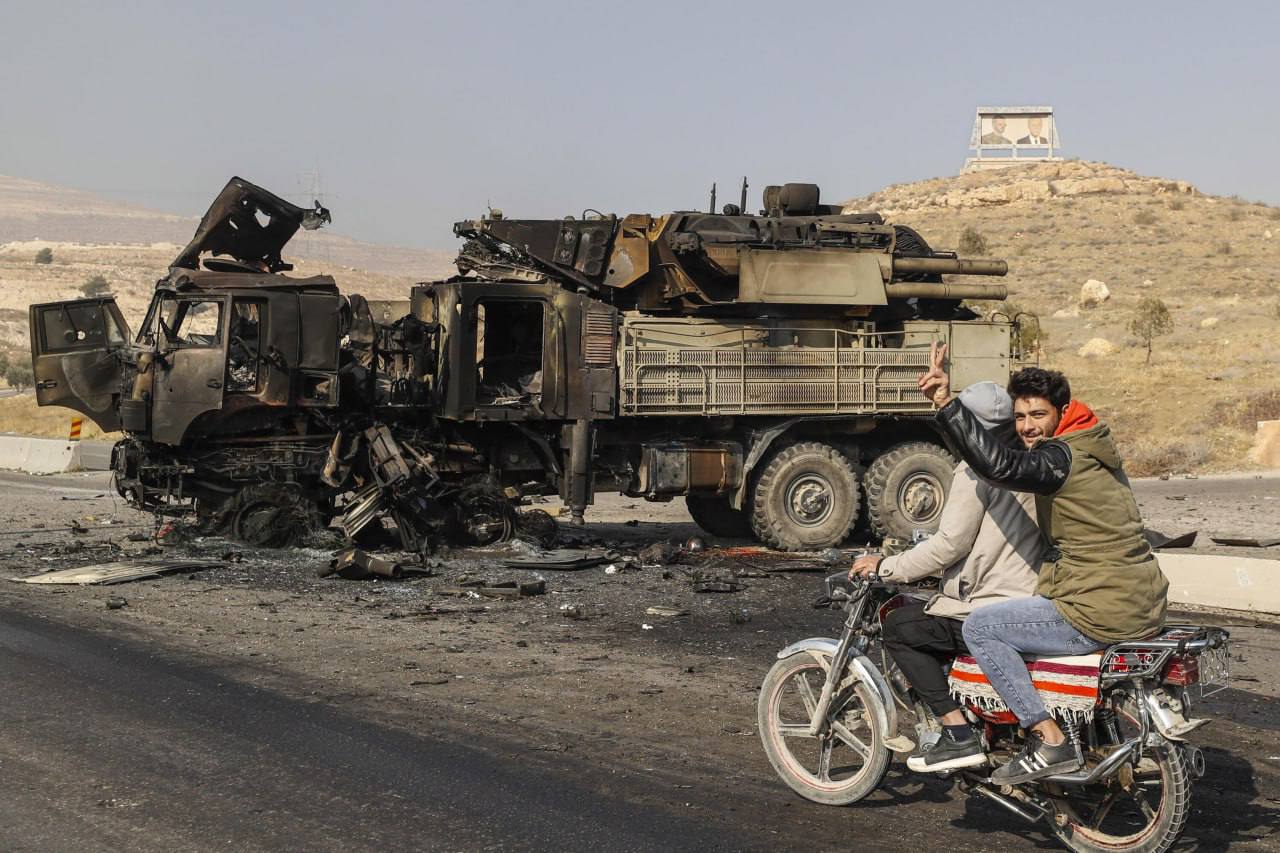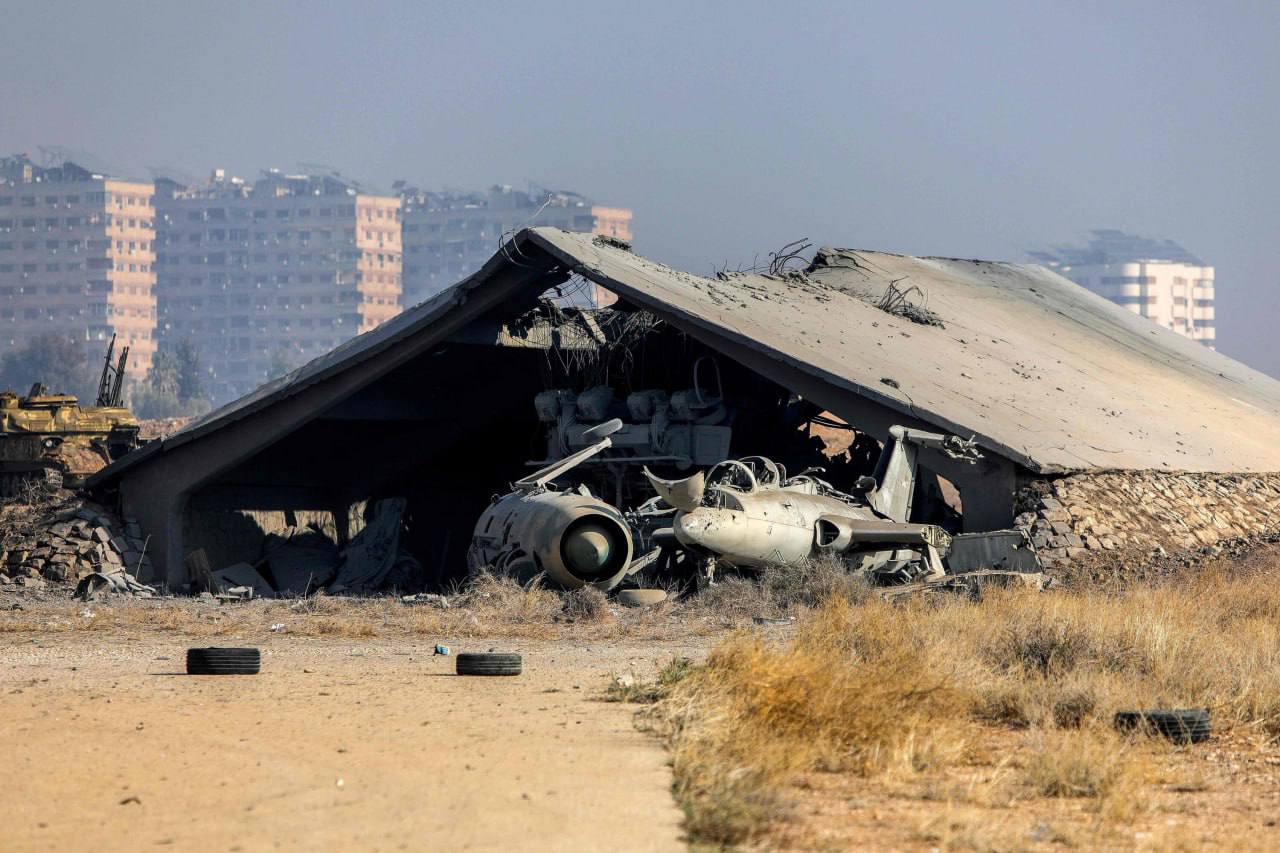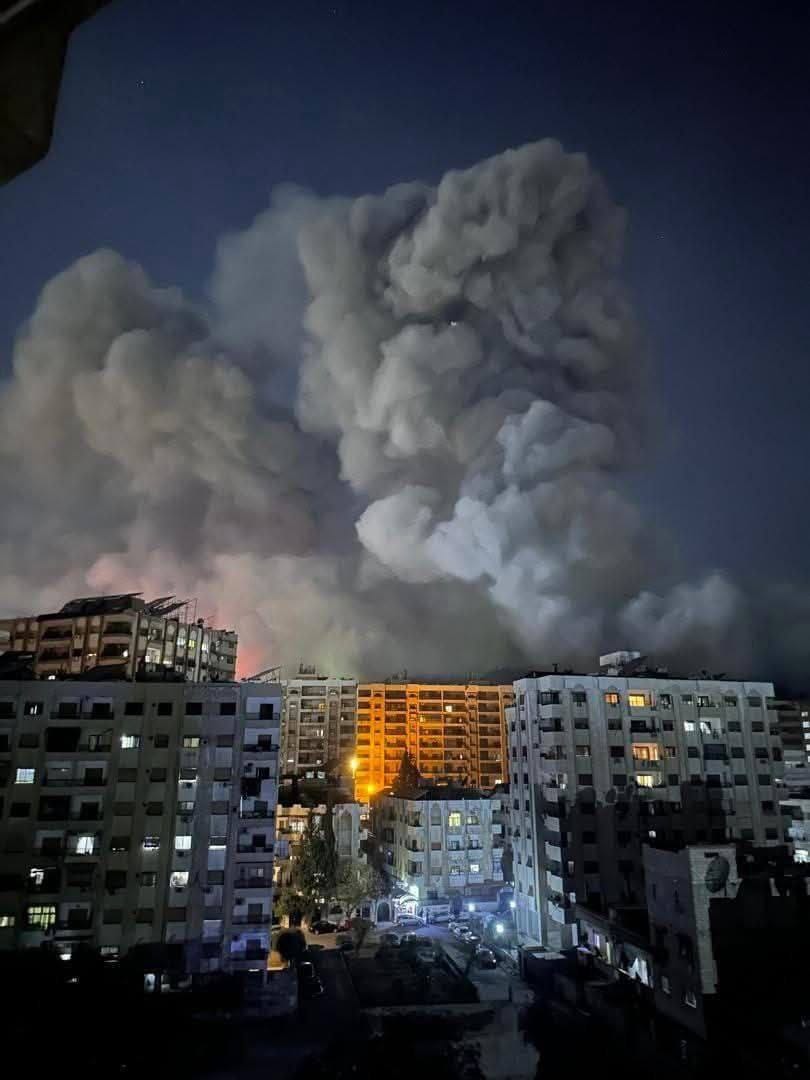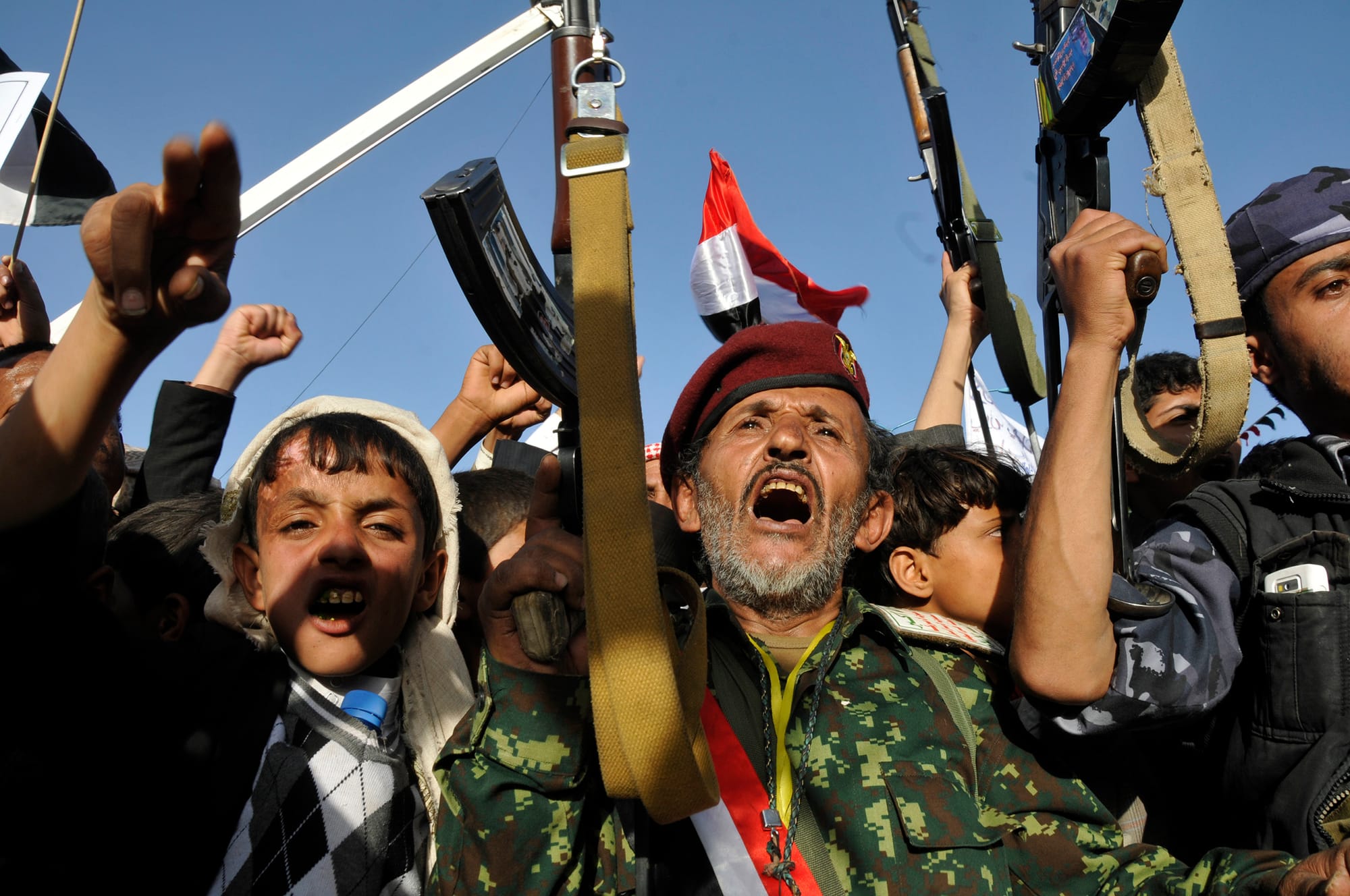The surprising implosion of the Assad regime in Damascus seems to show there's only one country that had been prepared for the eventuality – and had plans in place to execute right after it happened.
That country is, of course, Israel, which, within hours of the news, unleashed a rapid military campaign to seize the opportunities before the window closes.

Starting with the ground incursion into the buffer zone along the Golan Heights followed by an unprecedented wave of hundreds of bombings of military sites up and down Syria – including airports, ammunition depots, navy installations, chemical research laboratories – basically anything that could conceivably pose a security threat if ending up in the wrong hands.

Unsurprisingly, the response of the Arab world (+ Iran) was similarly swift and critical. Egypt, Saudi Arabia, Qatar, Iraq, Kuwait and Jordan, as well as the entire Arab League have condemned Israel for its Syrian campaign, calling it a violation of international law.
In reality, however, not even Tehran is likely to be particularly concerned about Israel's actions, while the whole Arab world must secretly be relieved that the Jews took it upon themselves to deal with the threats that the chaos in Syria brings.
We all owe Israel – but the Middle East owes the most
IDF's attacks have not only wiped out Assad's army's equipment and materiel reserves but, crucially, targeted facilities used for storage, manufacturing and development of chemical weapons.
Damascus was known to have used and produced nerve agents like sarin or VX, as well as mustard gas and chlorine. And while it did turn over over 1300 tons of chemical weapons a decade ago, nobody was ever able to verify that it got rid of all of its stockpiles.

It's pretty obvious that should any of these land in the hands of extremist groups – which, after all, the rebel leaders from Hayʼat Tahrir al-Sham used to be affiliated with – there's no telling where it could end up being deployed one day in a possible terrorist attack.
Thanks to IDF the likelihood of that happening is now negligible.
Paradoxically, however, those most at risk of being a target are actually... other countries in the Middle East.
After all, the region has been mired in instability and sectarian conflicts for decades, and proximity of the Syrian stockpiles of weapons, vehicles and chemicals would make it much easier to have them transported to any current or emerging conflict, than somewhere in Europe or America.
Of course Israel isn't doing it out of concern for its neighbours but for itself – after all it too could easily become a target.
However, given the uncertain future of Syria, ongoing wars in Libya and Sudan, forever restive Sinai, Houthi Yemen, broken Lebanon and likely clashes between Turkey and Kurds, there are many directions in which Assad's missiles and barrels with toxic gases could be headed – and equally many willing bidders.

Given the fact that virtually all countries are participating in at least one if not more conflicts, there would always be a risk one of them finds themselves on the receiving end of one of these weapons one day – whether it's a rocket, a rogue fighter jet or a dirty bomb targeting soft, civilian targets.
The list of beneficiaries of Israeli attacks includes Tehran which has its own domestic issues with separatists, but which also will be happy to see the rebel force that ousted its Alawite puppet weakened by its own archenemy. It could provide diplomatic opportunities for the regime to save at least some influence in Syria now as its new administration will try to find some friends.
Of course all Israel's neighbours have to publicly condemn it for the sake of appearances in front of their own citizens.
But in reality it's in everybody's interest that Syria doesn't become a black market for weapons trade and extremists are not given a second lease on life just when we've managed to extinguish the threats they posed just a few years ago.









